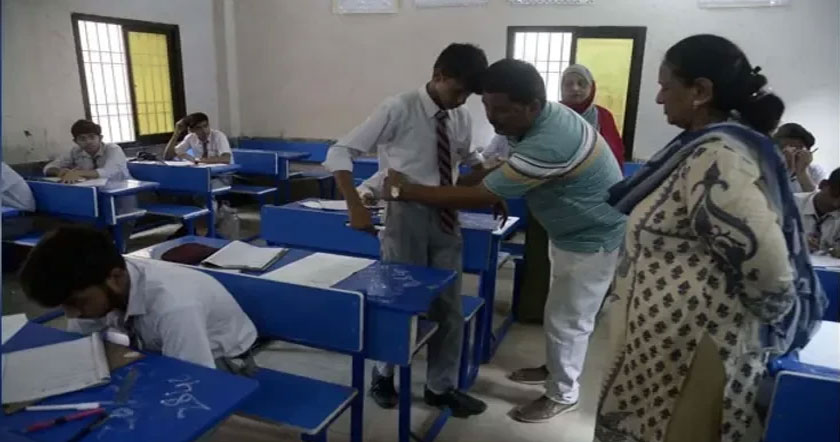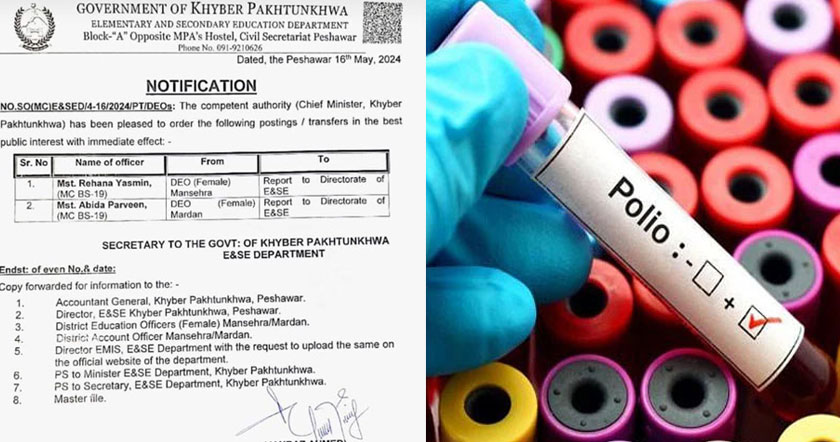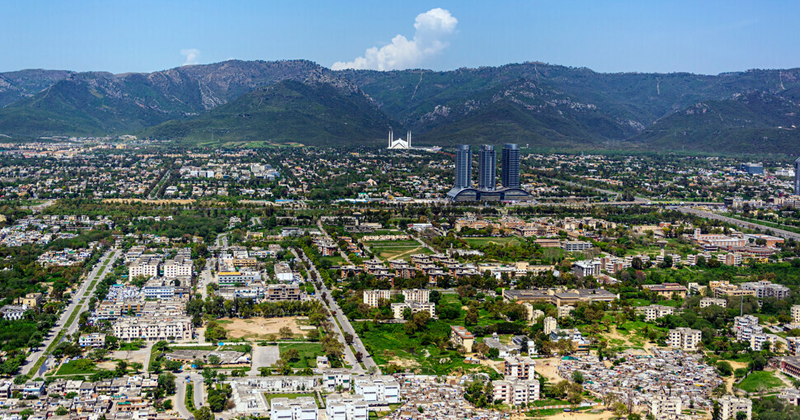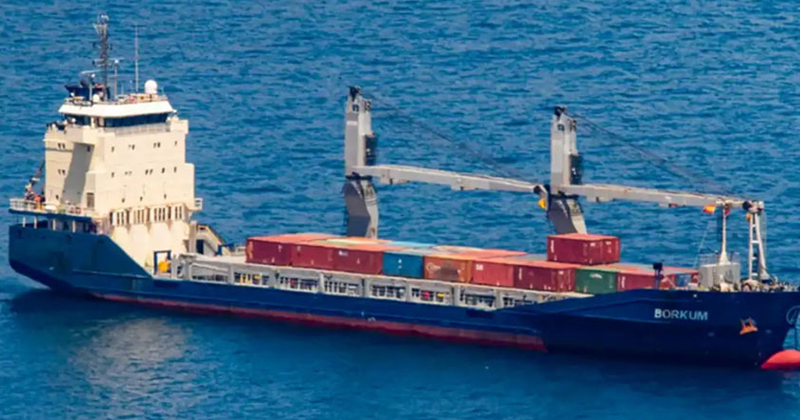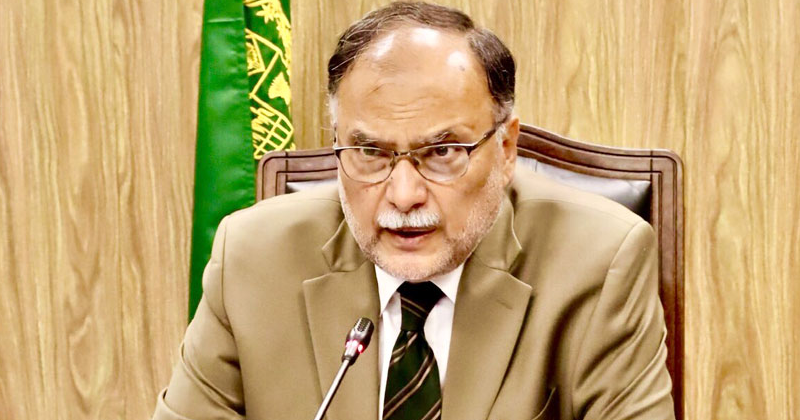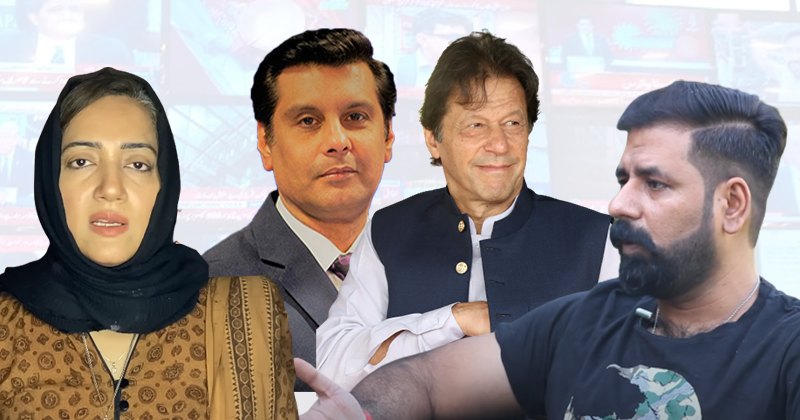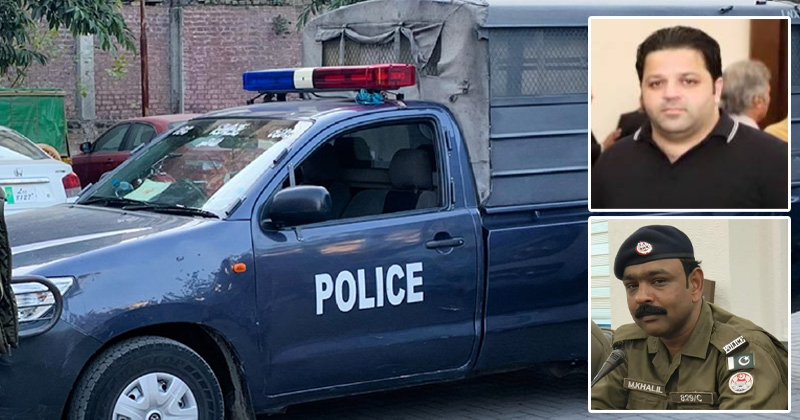The Battle for Islamabad
The Pakistani Taliban aren't headed off to fight in Syria. They're gearing up for an epic war at home.
BY ARIF RAFIQ | JULY 19, 2013

The Pakistani Taliban are heading to Syria. At least that's what a number of unnamed and lesser-known Tehrik-e-Taliban Pakistan (TTP) commanders told various Western news outlets this week.
But claims that the TTP are involved meaningfully in the jihad against the Bashar al-Assad regime are most likely overblown. They also obscure an even more dangerous reality: The TTP and its allies in Pakistan are gearing up for a long war at home, and Pakistan's civil and military leadership have no coherent strategy to prepare for it.
There are a number of reasons to be skeptical of the reports of TTP participation in the Syrian war. First, the TTP's chief spokesperson, Shahidullah Shahid, hasn't commented on the matter, though it is common practice for the TTP to speak on the record through its spokesperson on most topics. Second, TTP commanders can't seem to agree on how many fighters are going to Syria and on what basis.
For example, one unnamed TTP commander told the BBC that 12 TTP-affiliated "experts" have made their way to Syria, while another told Reuters that "hundreds" of fighters have relocated there from Pakistan in recent months. There is also some disagreement about how TTP fighters are being received by the Syrian rebels. Mohammed Amin, described by the BBC as the TTP's coordinator for Syria, said that Syrian jihadists have told his group that "there's already enough manpower" in Syria and additional foreign personnel are unnecessary.
But another unnamed commander told Pakistan's DAWN newspaper that Abu Omar al-Baghdadi of the Islamic State in Iraq, an Iraqi militant group now involved in the Syrian war, specifically requested the TTP's support. This would indeed be remarkable, given that al-Baghdadi has been dead for three years.
The truth is more likely consistent with information attributed to a third Pakistani militant, who told AFP that fighters from Pakistan -- mainly foreigners from Arab countries and Uzbekistan, and based in the tribal areas -- have been heading to Syria on a relatively informal basis.
The war in Syria is indeed a compelling destination for many Arabs living in the Pakistani tribal regions. These areas have become less hospitable due to a combination of U.S. drone strikes and Pakistani military operations. For Pakistani jihadists with the TTP and its partner organization, the anti-Shiite Lashkar-e-Jhangvi (LeJ), the sectarian aspect of the Syrian war resonates. As the LeJ has stepped up its campaign of killing Shiites in Pakistan, its propaganda is increasingly replete with angry diatribes against the Syrian regime and its supporters in Tehran.
The biggest reason why Syria might draw in some jihadists from Pakistan, however, has to do with how the conflict fits into the eschatological narrative of many militants. Al Qaeda Central and its partners in Pakistan, including the TTP, constantly refer to a set of hadith, or sayings attributed to the Prophet Muhammad, that speak of an end-times battle in the Levant led by the Messiah and aided by armed forces from an area called Khurasan. These jihadists define the Khurasan region as encompassing Afghanistan and adjoining parts of Pakistan. And their noms de guerre, geographical references, and physical movements all suggest they believe -- or want others to believe -- that they are taking part in this prophesied war.
But for all the appeal of the Syrian war, the TTP's focus has been and will continue to be on Pakistan. Over the course of this year, in anticipation of the U.S. withdrawal from Afghanistan, the group has been preparing a new narrative for a long war in Pakistan -- a war that is not justified by Islamabad's support for the U.S. war in Afghanistan, a primary rallying call for Pakistan's insurgents to date.
The TTP has been reframing its war against the Pakistani state as Ghazwa-e Hind, or the Battle of India. Like al Qaeda's use of hadith that mention Khurasan, the TTP has deployed a set of prophetic traditions that speak of a Muslim conquest of India, a region the TTP defines as virtually all of South Asia, including most of Pakistan. One TTP video series titled Ghazwa-e Hind, for example, features rising preacher Abu Zar al-Burmi calling on Muslims to migrate to Pakistan to defeat its "infidel" rulers and establish true Islamic rule.
So far, the actual impact of the TTP's rebranding campaign on the discussion within Pakistan's jihadist community is unclear. But it would be a mistake to underestimate the potential power of the TTP's new pivot. The adoption of these prophetic traditions by the TTP is particularly clever since they have historically been used by jihadists connected to Pakistani intelligence to create a broader narrative for war against India. The TTP, in contrast, is using the same traditions to direct violence toward Islamabad -- not New Delhi. What the TTP fears is that with a weakened al Qaeda Central and an Afghanistan without an American presence as a rallying cry, Pakistani jihadists will mend their ways with Pakistani intelligence and go back to attacking India. In effect, the TTP is telling them to stay put -- the main jihad is here at home in Pakistan.
The TTP's PR strategy relies on more than prophetic tradition, however. The organization -- along with al Qaeda's Pakistan spokesman, Ahmad Farooq -- has been attempting to reach broader audiences by appropriating causes and symbols from mainstream, secular political discourse. In multiple videos, the TTP and like-minded preachers have called on ethnic Baloch separatists -- whose latest insurgency has been raging since 2004 -- to abandon their secular, regional struggle and join the jihad against Islamabad. Other video addresses by Farooq from around the time of Pakistan's elections in May of this year dealt with bread-and-butter political issues like electricity shortages and unemployment. Farooq called for a mass movement of the youth led by religious scholars -- an attempt to redirect youth energy away from mainstream political parties like cricket star Imran Khan's Pakistan Tehreek-e-Insaf (PTI).
The TTP will likely fall short in their goals to broaden their support base in Pakistan. More promising are the organization's attempts to deepen existing divisions within the political class and between civilian politicians and the military. In the lead-up to this year's general election, the TTP mainly targeted Pakistan's secular parties and largely abstained from attacking center-right and Islamist parties that favor talks with the TTP.
Since the election, the TTP has called on the latter parties -- who still support talks with the group, despite its murderous campaign against fellow politicians -- to separate themselves from the military, which is keen on maintaining counterinsurgency operations in the tribal areas.
Negotiations between the government and the TTP are currently suspended. If and when they resume, however, the TTP will attempt to coax the Pakistan Muslim League-Nawaz (PML-N), which rules at the federal level, and Khan's PTI, which rules the Khyber Pakhtunkhwa province, located near the tribal areas, to agree to a ceasefire and implement shariah law. While the federal government -- at least theoretically -- controls military operations in the tribal areas, the Khyber Pakhtunkhwa provincial government has authority over the counterinsurgency operations in the Swat region. In 2009, the provincial government agreed to a ceasefire with the TTP, which enabled the militant group to spread deeper into the province and closer to Islamabad.
Both parties -- and the PTI, in particular -- are vulnerable to TTP pressure because they have refrained from explicitly criticizing the group and have no clear red lines when it comes to accommodating the TTP's social and political demands. The PML-N and PTI, moreover, are already at odds over the holding of an all-parties conference to discuss terrorism, and the PML-N has a history of acrimonious relations with the military. With the political leadership in Islamabad and Peshawar inclined toward appeasing the TTP -- and lacking a coherent perspective on Pakistan's terrorism challenge -- the TTP could stifle efforts to create an effective national counterterrorism strategy.
While this does not mean that the TTP will ever come close to its goal of taking over Islamabad, it does make it more likely that its war in Pakistan will rage on for years -- as other jihadists continue their own fight in Syria. Since the new Pakistani government took power in May, the TTP has sustained its campaign of assassinating secular politicians, and killing police and security personnel.
Meanwhile, its ally, the Lashkar-e-Jhangvi, have been bombing Shiite mosques across the country. For the TTP and its partners in Pakistan, the Great War is at home in Pakistan, where there is a massive, nuclear-armed state to take over and plenty of Shiites to kill.
http://www.foreignpolicy.com/articles/2013/07/18/the_battle_for_islamabad_pakistan_taliban_syria?page=full


















